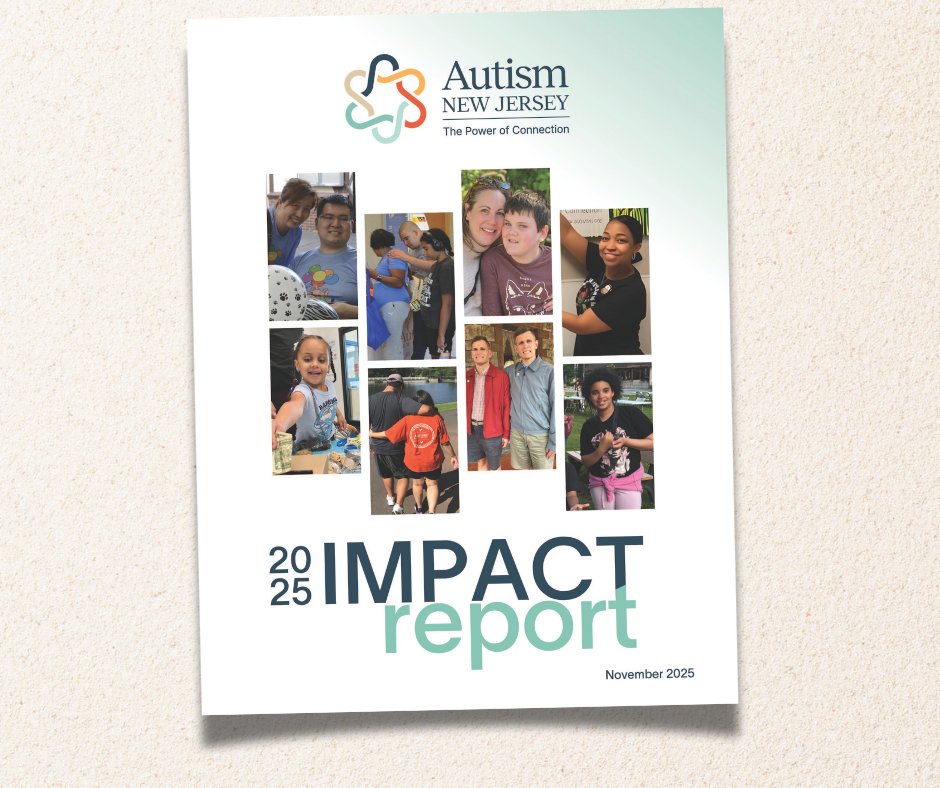
When a child with autism has challenging behavior that escalates into a behavioral crisis, it can be a frightening and confusing time for the child and his or her parents or caregivers.
One of the questions that caregivers must decide is whether or not they should call 911. This is especially true when there are concerns about the safety of other family members, such as younger children in the home. They may be concerned that the presence of emergency personnel would cause the behavior to escalate; they may fear that their family member would be arrested or that child protective services would be called; or they may worry about what resources the hospital can provide once they arrive.
Be Prepared
Since it is difficult to make decisions in the midst of a crisis, families can take certain steps to ensure that they are prepared for any type of emergency that may require a trip to the emergency room, including a behavioral crisis. This can include familiarizing a child with autism with first responders, doctor’s offices and medical exams, etc. Families might want to contact the local police department and EMS and introduce themselves and their child. They can also consider resources such as identification and tracking devices if the child’s behaviors involve elopement and wandering. For more information see Autism New Jersey’s publication, Elopement & Wandering: Your Guide to Safety Resources.
Even if a child has never had a behavioral crisis in the past, it is helpful to be familiar with the resources that are available to help prevent challenging behavior from becoming a crisis. Resources to consider are behavioral health benefits through the child’s health coverage, or behavioral supports as part of a child’s Individualized Education Program (IEP).
Apply for Developmental Disability Services
Another important step for families concerned about their child’s behavior is to apply for eligibility for developmental disability services with the New Jersey Department of Children and Families’ Children’s System of Care (DCF-CSOC). Services the child may be eligible to receive include intensive in-home supports (IIS) that incorporate behavioral interventions to address behaviors such as aggression, self-injury, property destruction, and elopement. These supports can potentially offset the severity of a behavioral crisis, as they include teaching the family and the individual de-escalation and calming strategies. Families can apply for eligibility for CSOC services through PerformCare at www.performcarenj.org or by calling 877.652.7624.
An additional resource that can be accessed through the Children’s System of Care is Children’s Mobile Response Stabilization Services (MRSS). Mobile response services are available to any child experiencing a behavioral crisis, and can be called even if the child is not currently eligible for developmental disability services. MRSS may be the family’s first point of contact to enter the service system, and can be helpful if the family thinks that the situation can be managed with support coming to the home, or if they need help determining what they should do next. MRSS may assess the situation and advise the family on whether to call 911 for additional help.
Think and Act Quickly – Know what to Expect
If a child’s behavior is too severe for families to safely manage, they will need to call 911 right away. There is a need to think and act quickly at a time when the child is behaving in ways that are threatening to themselves and others around them, such as younger siblings. Parents and other family members can feel panicked and out of control themselves, possibly contributing to the child’s behavior or anxiety.
Below is a list of what you can do and expect in the event that you have to call 911 for a child with autism in a behavioral crisis.
- When calling 911, let the operator know that the child has autism so that the police and other first responders will be notified in advance.
- Call any relatives or neighbors who you have previously identified as being available to help during a crisis. When emergency personnel arrive, one of these individuals can also inform them that the child has autism and may be aggressive, not respond to verbal instructions, or any other information that would be helpful for them to know. Prepare a list of this information ahead of time and update it annually or as needed.
- While you wait for emergency help, make the area as safe as possible. Remove any objects that could be thrown. If other children are present, have them go to a designated neighbor or have them picked up by a designated family member or friend. If no one is available, move them to a safe area in the house.
- If it is determined that your child needs to go to the hospital for crisis screening, an ambulance will be called to transport them. You can follow the ambulance to the hospital. Ask to be transported to the designated screening center in your county.
- Because an emergency room visit and crisis screening may take several hours, you will want to bring some items that will make the time there more comfortable for yourself and your child, such as the child’s favorite toys, communication device, etc. Keep important information, such as emergency contacts, insurance documents and a list of current medications and allergies easily accessible and ready to take with you. If you do not have time to bring additional items with you, ask a relative or friend to retrieve them and bring them to you.
- If your child cannot safely return home the same day, a placement outside of the emergency room or in a therapeutic setting specific for children with autism may not be available right away. This can take several hours to several days, depending on your location and availability of resources. If your child needs to stay in the hospital ask for any accommodations that can make the stay more comfortable for both of you, such as an extra bed.
- In order for a child to be involuntarily committed for psychiatric services, the law requires that specific criteria are met, and that the referring source (i.e., psychiatric screening facility) follows a specific process and time frames to obtain an order of commitment. A document outlining the process is available on the New Jersey Courts website. Parents can voluntarily have a child admitted for up to 7 days.
- If a child is stable enough to return home, there are varying levels of in-home behavioral and support services available through the Children’s System of Care. If a Care Management Organization (CMO) or Mobile Response Stabilization Services is actively involved with the child, they begin the process to obtain these services, which are intended to decrease the child’s dangerous or maladaptive behavior, and to help them acquire adaptive and communication skills.
- In some cases, a longer stay in an out-of-home therapeutic setting is necessary to stabilize a child in a behavioral crisis. The Children’s System of Care also determines if a child is eligible for this level of care and authorizes placement. They will also work with the family to determine if other resources, such as private insurance, would cover the cost of care. Parents can contact their child’s Care Management Organization (CMO) and ask them to initiate the evaluation and placement process.
For additional information about behavioral crisis management and prevention or for assistance with accessing resources, contact Autism New Jersey at 800.4.AUTISM or email information@autismnj.org.









